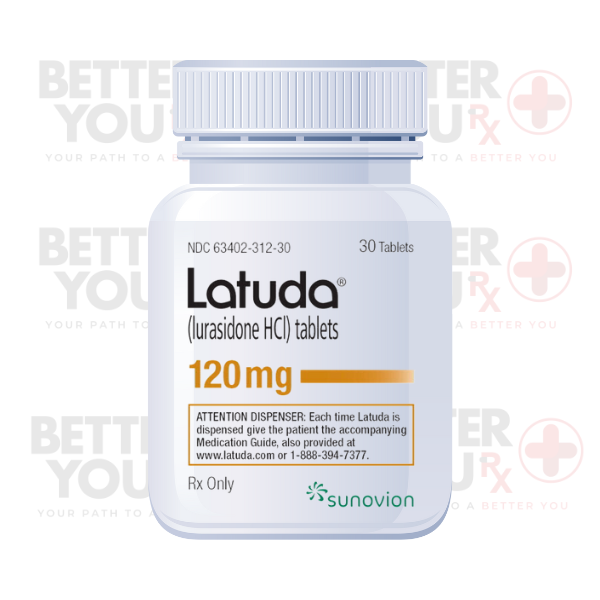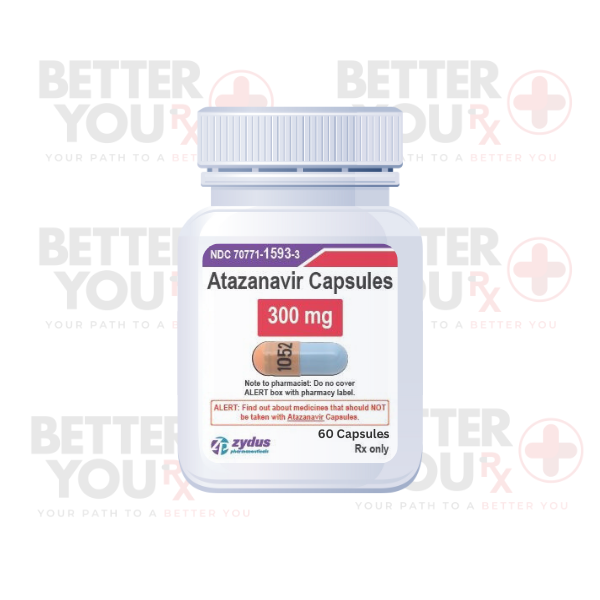| Side Effects |
Aripiprazole can potentially lead to side effects. If you encounter any of the following symptoms and they are bothersome or persist, inform your doctor:
• Headache
• Nervousness
• Dizziness or unsteadiness
• Heartburn
• Constipation
• Diarrhea
• Stomach pain
• Weight gain
• Increased appetite
• Increased salivation
• Pain, particularly in the arms, legs, or joints
Certain side effects can be severe. In case you experience any of the following symptoms, or those detailed in the IMPORTANT WARNING or SPECIAL PRECAUTIONS sections, contact your doctor promptly:
• Seizures
• Irregular heartbeat
• Chest pain
• Vision changes
• Uncontrollable body or facial movements
• High fever
• Muscle stiffness
• Falling
• Confusion
• Sweating
• Rash
• Hives
• Itching
• Enlargement or puffiness in the eyes, facial region, mouth, lips, tongue, throat, hands, feet, ankles, or lower extremities.
• Difficulty breathing or swallowing
• Tightening of the neck muscles
• Throat tightness
Aripiprazole may also yield other side effects. If you encounter any unusual problems while taking this medication, do not hesitate to contact your doctor.
|
| Storage |
Ensure the safe storage of this medication by keeping it in its original container, tightly sealed, and out of children's reach. Store the tablets, solution, and orally disintegrating tablets at room temperature, away from excess heat and moisture (avoid storing in the bathroom). Always keep orally disintegrating tablets in their sealed package and use them right after opening.
Dispose of any unused aripiprazole solution within six months of opening the bottle or when the labeled expiration date has passed, whichever comes first. Unused medications should be disposed of responsibly to prevent accidental ingestion by pets, children, or others. Do not flush this medication down the toilet. Instead, the recommended method for disposal is through a medicine take-back program. You can inquire with your pharmacist or contact your local garbage/recycling department to find out about take-back programs available in your community.
To safeguard young children from accidental poisoning, store all medications, including those in non-child-resistant containers like weekly pill organizers and packaging for eye drops, creams, patches, and inhalers, out of their sight and reach. Utilize safety caps and place medications in secure locations, up and away from children's access.
|
| Special Precautions |
Before using aripiprazole, it's important to inform your doctor and pharmacist of the following:
1. Allergies: Notify them if you are allergic to aripiprazole, any other medications, or any ingredients in aripiprazole tablets, orally disintegrating tablets, or oral solution. You can ask your healthcare provider for a list of these ingredients.
2. Medications and Supplements: Share all prescription and non-prescription medications, vitamins, supplements, and herbal products you are currently taking or plan to take. This includes antidepressants, antifungals, antihistamines, bupropion, carbamazepine, clarithromycin, fluoxetine, HIV protease inhibitors, ipratropium, medications for various conditions, nefazodone, paroxetine, quinidine, rifampin, sedatives, sleeping pills, telithromycin, and tranquilizers. Your doctor may need to adjust your doses or monitor you closely for potential side effects. Also, mention any other medications you take, even if they are not on this list.
3. Health Conditions: Inform your doctor if you have severe diarrhea, vomiting, or signs of dehydration. Additionally, disclose if you have a history of heart disease, heart failure, heart attack, irregular heartbeat, high or low blood pressure, stroke, mini-stroke, seizures, low white blood cell count, dyslipidemia (high cholesterol levels), balance difficulties, difficulty swallowing, or any condition that affects your ability to swallow. Tell your doctor about your or your family's history of substance use, including street drugs or overuse of prescription medication or alcohol. Mention any history of diabetes, obsessive-compulsive disorder, impulse-control disorder, bipolar disorder, or impulsive behavior. Report if you've ever had to discontinue a mental health medication due to severe side effects.
4. Pregnancy and Breastfeeding: If you are pregnant, particularly in the later stages of pregnancy, plan to become pregnant, or are breastfeeding, inform your doctor. Aripiprazole may pose risks to newborns if taken during late pregnancy.
5. Upcoming Surgery: If you are scheduled for surgery, including dental surgery, let your doctor or dentist know that you are taking aripiprazole.
6. Drowsiness: Aripiprazole may cause drowsiness. Avoid driving or using heavy machinery until you are familiar with the impact of this medication on your faculties.
7. Alcohol: Be aware that alcohol can intensify the drowsiness induced by this medication. Avoid alcohol while taking aripiprazole.
8. Blood Sugar: Aripiprazole may elevate your blood sugar levels, even if you do not have diabetes. If you have schizophrenia, you are at a higher risk for developing diabetes. Symptoms of high blood sugar include excessive thirst, frequent urination, extreme hunger, blurred vision, or weakness. Contact your doctor immediately if you experience these symptoms, as untreated high blood sugar can lead to a serious condition called ketoacidosis.
9. Posture Changes: Aripiprazole may cause dizziness, lightheadedness, or fainting when you rise quickly from a lying position. This is more common when starting aripiprazole. To prevent this, get up gradually, resting your feet on the floor for a few minutes before standing fully.
10. Heat Sensitivity: Aripiprazole may make it harder for your body to cool down in hot conditions. Inform your doctor if you plan vigorous exercise or anticipate exposure to extreme heat.
11. Phenylketonuria and Diabetes: If you have phenylketonuria (PKU) or diabetes, be aware that orally disintegrating tablets contain phenylalanine, and aripiprazole solution contains sugar.
12. Compulsive Behaviors: Some individuals taking medications like aripiprazole have reported developing compulsive behaviors, including gambling, intense urges, or unusual behaviors like increased sexual urges, excessive shopping, or binge eating. Notify your doctor if you experience such urges or find it challenging to control your behavior. It's important to inform family members about this risk as well.
13. Child Use: When aripiprazole is prescribed for children, it should be part of a comprehensive treatment program that may include counseling and special education. Ensure your child follows all instructions from their doctor or therapist.
|









